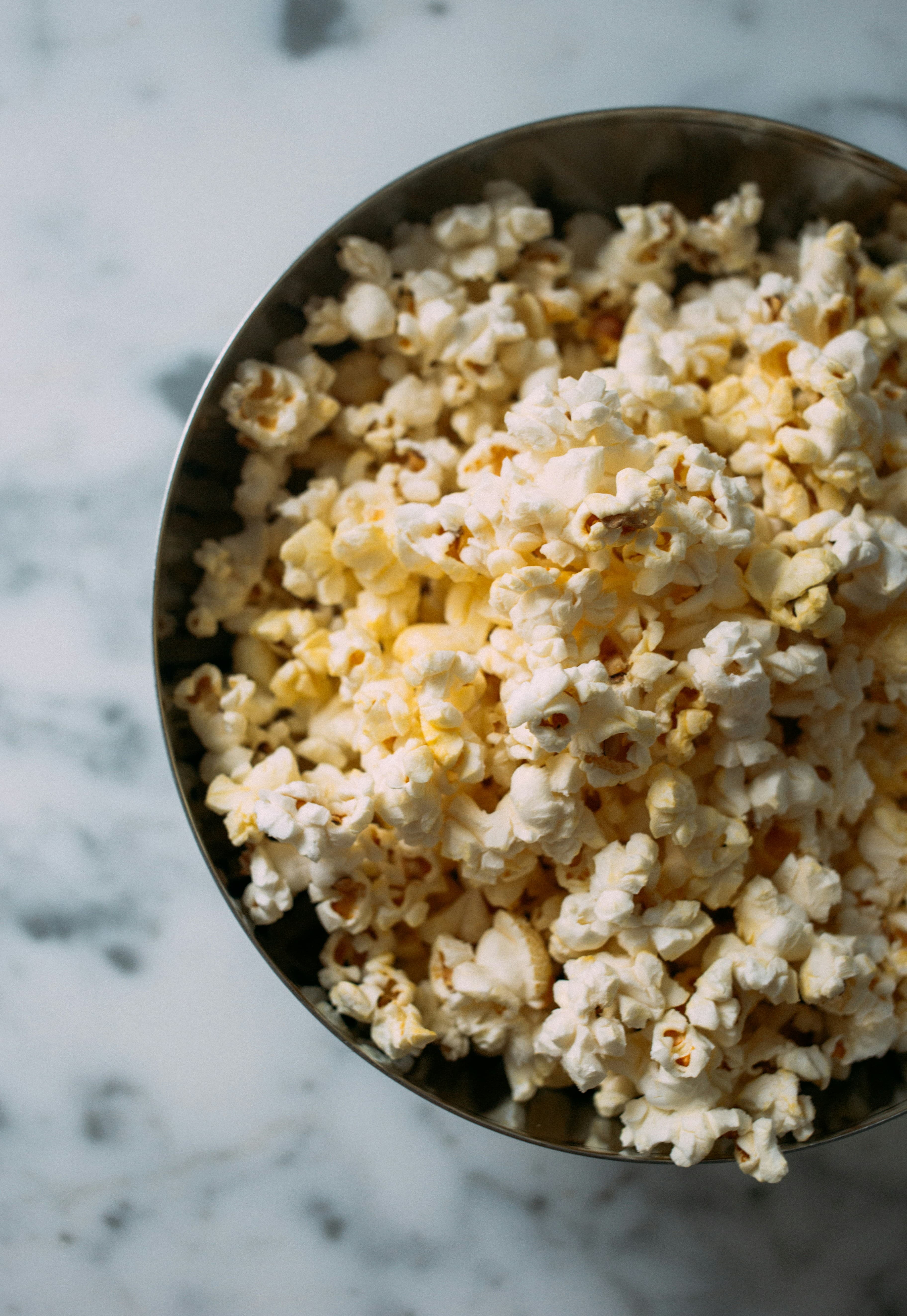All pet owners know the struggle of navigating the tricky terrain of pet treats. Today, we're putting one of the crunchiest contenders under the microscope – popcorn! Popcorn, a delightful snack enjoyed by humans, often leads pet owners to ponder its safety for their canine companions. In this article, we will delve into the scientific aspects of dogs consuming popcorn, exploring safety considerations, the ideal types, and evidence-based insights on responsible serving sizes.
Is Eating Popcorn Safe for Dogs?
Popcorn, in moderation, can be a safe and enjoyable treat for dogs. However, it's essential to consider a few factors. Plain, air-popped popcorn is preferable, as it eliminates the additives and flavorings found in many commercial popcorn brands, which can be harmful to dogs.
It's a minimalist's dream – no additives, no drama. Steer clear of flavored varieties, especially those with garlic or onion notes – these can be the unsavory villains in your pup's snack tale.
Which Popcorn is Best for Dogs?
Now, let's talk about popcorn perfection. When sharing popcorn with your furry friend, opt for plain and unsalted varieties. Butter and salt can upset a dog's stomach and lead to health issues such as pancreatitis. Think of it as the black-tie affair of dog treats – classy, uncomplicated, and always a crowd-pleaser.
Popcorn Kernels:
While fully popped popcorn is generally safe, be cautious with unpopped kernels. Unpopped kernels, or "old maids" as they're affectionately known, are the sneaky culprits threatening to crash your pup's snack party. A vet's advice? A quick kernel check is your ticket to a safer snacking experience. Unpopped kernels can pose a choking hazard or damage a dog's teeth. It's a good practice to sift through popcorn before sharing it with your pet.
Popcorn Toppings:
Again, common toppings are a bad idea. The scientific skinny on toppings – ditch the butter and salt, and opt for canine-approved alternatives. A sprinkle of plain yogurt or a dash of vet-approved spices can elevate your dog's popcorn experience without the dietary drama.
Easy on the Portion Size:
While popcorn can be a delightful treat, moderation is key. The 10% rule isn't just a number; it's the golden ticket to a balanced diet. Overindulgence in any food, including popcorn, can lead to obesity and other health issues in dogs. Treats should comprise no more than 10% of a dog's daily caloric intake.
In conclusion, sharing popcorn with your dog can be a safe and enjoyable experience when done responsibly. Opt for plain, air-popped varieties, avoid harmful toppings, and always be mindful of portion sizes. By incorporating these considerations, you can treat your furry friend to a popcorn snack without compromising their well-being. As with any dietary change, it's advisable to consult with your veterinarian to ensure it aligns with your dog's specific health needs.
Frequently Asked Questions
Is popcorn good for dogs?
Plain, air-popped popcorn in moderation can be a safe and enjoyable treat for dogs.
How should I feed my dog popcorn?
Serve plain, unsalted popcorn to your dog in small, bite-sized pieces, and ensure there are no unpopped kernels to avoid choking hazards.
Can dogs eat caramel popcorn?
It's best to avoid giving dogs caramel popcorn, as the sugary coating and other additives can be harmful to their health.
Can dogs eat popcorn with butter?
While a small amount of plain, air-popped popcorn is generally safe, it's advisable to avoid buttered popcorn due to its high-fat content, which can lead to digestive issues in dogs.
What happens if my dog eats popcorn?
If your dog consumes plain popcorn in moderation, it's usually harmless; however, large quantities, flavored varieties, or those with toppings like butter can lead to digestive upset or pose choking hazards. Always monitor your dog and consult with a vet if you notice any unusual behavior or symptoms.



